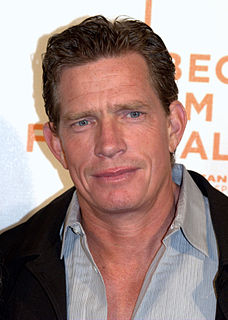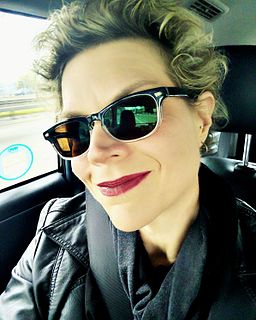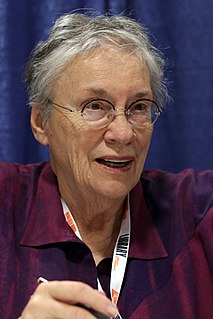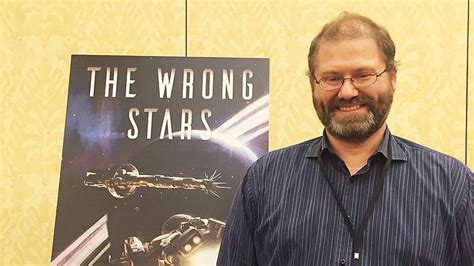A Quote by George R. R. Martin
I've been many kinds of writers in my career: novelist; tele-playwright; short story writer. As a high-school student, I wrote amateur pieces for fanzines, and I've written for Hollywood.
Related Quotes
I've always loved short stories. Even before I was a writer I was reading short stories - there were certain writers where I just felt like they could do in a short story what so many writers needed a whole novel to do, and that was really inspiring to me. Alice Munro, I felt that way about from an early time. Grace Paley.
I think I succeeded as a writer because I did not come out of an English department. I used to write in the chemistry department. And I wrote some good stuff. If I had been in the English department, the prof would have looked at my short stories, congratulated me on my talent, and then showed me how Joyce or Hemingway handled the same elements of the short story. The prof would have placed me in competition with the greatest writers of all time, and that would have ended my writing career.
I've written about 2,000 short stories; I've only published 300 and I feel I'm still learning. Any man who keeps working is not a failure. He may not be a great writer, but if he applies the old fashioned virtues of hard, constant labor, he'll eventually make some kind of career for himself as a writer. Ray Bradbury, 1967 interview (Doing the Math - that means for every story he sold, he wrote six "un-publishable" ones. Keep typing!)





































